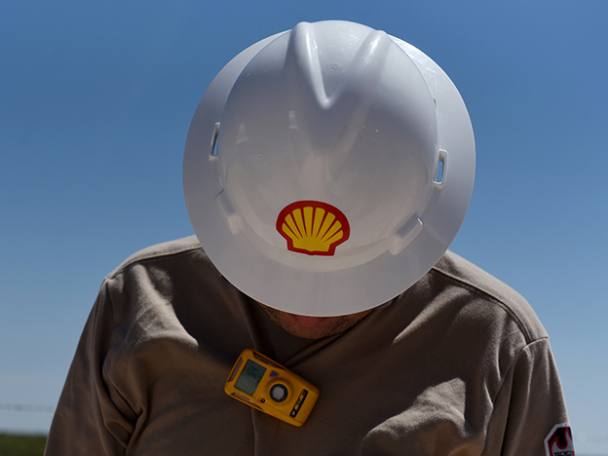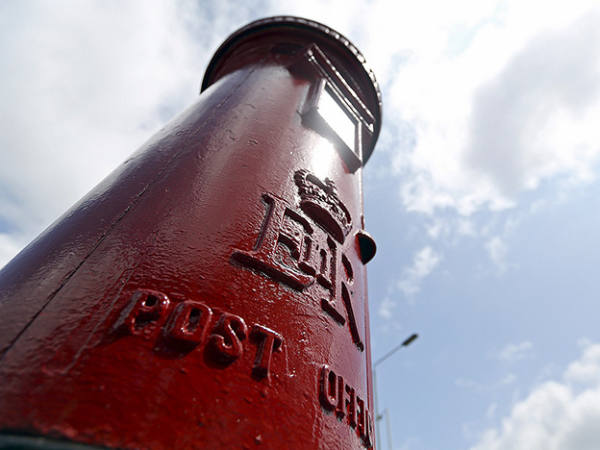Sporting an easy smile in place of a tie, Ben van Beurden this week stood before investors with an important message to relay. Though Royal Dutch Shell’s (RDSB) preliminary results were miserable by most standards, the oil major’s chief executive marked this as a resilient performance in “a year with tough macro-economic headwinds”.
Corporations as global and economically-systemic as Shell can always play the ‘external factor’ card. Though annualised average production was flat at 3.67 million barrels of oil-equivalent per day, the market for those barrels was of little help. In the last three months of 2019, oil, gas and liquefied natural gas prices all sank, refining and chemicals margins narrowed, and deferred tax positions moved in the wrong direction.
Fourth quarter numbers were especially weak. Shareholder earnings – on Shell’s preferred current cost of supply basis – dropped 48 per cent to $2.93bn (£2.25bn) compared with the prior-year period, dragging full-year profitability down almost a quarter in the process. At the same time, operating cash flow dipped a fifth to $42.2bn in the year, while higher year-on-year capital expenditure thinned free cash flow to just $26.4bn, down on $39.4bn in 2018.
This cash generation was described as “competitive” by Mr van Beurden, but sector-neutral investors will need more encouragement as 2020 progresses. In fact, once you adjust for $7.87bn-worth of divestment-related cash inflows and other corporate items, so-called organic free cash flow looked more like $20.1bn, more than a fifth below the full cost of Shell’s dividend and share buyback commitments for the year. In other words, it borrowed money to buy its own stock.
Unsurprisingly, with gearing now at 29.3 per cent following a one-year surge in net debt from $51.4bn to $79bn, the pace of the $25bn share repurchase scheme has been slowed. Again, Mr van Beurden cited “macro conditions” as the key determinant of capital returns, though it increasingly feels like Shell’s original economic assumptions were overly optimistic when the programme was launched in 2018.
Analysts at Berenberg expect reported earnings of $2.79 per share in 2020 and $3.24 in 2021.
| Royal Dutch Shell (RDSB) | |||||
| ORD PRICE: | 2,068p | MARKET VALUE: | £166bn | ||
| TOUCH: | 2,067-2,068p | 12-MONTH HIGH: | 2,647p | LOW: | 2,037p |
| DIVIDEND YIELD: | 7.0% | PE RATIO: | 14 | ||
| NET ASSET VALUE: | 2,368ȼ | NET DEBT: | 42%* | ||
| Year to 31 Dec | Turnover ($bn) | Pre-tax profit ($bn) | Earnings per share (ȼ) | Dividend per share (ȼ) |
| 2015 | 265 | 2.0 | 31 | 188 |
| 2016 | 234 | 5.6 | 58 | 188 |
| 2017 | 305 | 18.1 | 158 | 188 |
| 2018 | 396 | 35.6 | 282 | 188 |
| 2019 | 352 | 25.5 | 197 | 188 |
| % change | -9 | -28 | -30 | - |
| Ex Div: | 13-Feb | |||
| Payment: | 23-Mar | |||
| £ = $1.30. *Includes lease liabilities of $30.5bn. | ||||







